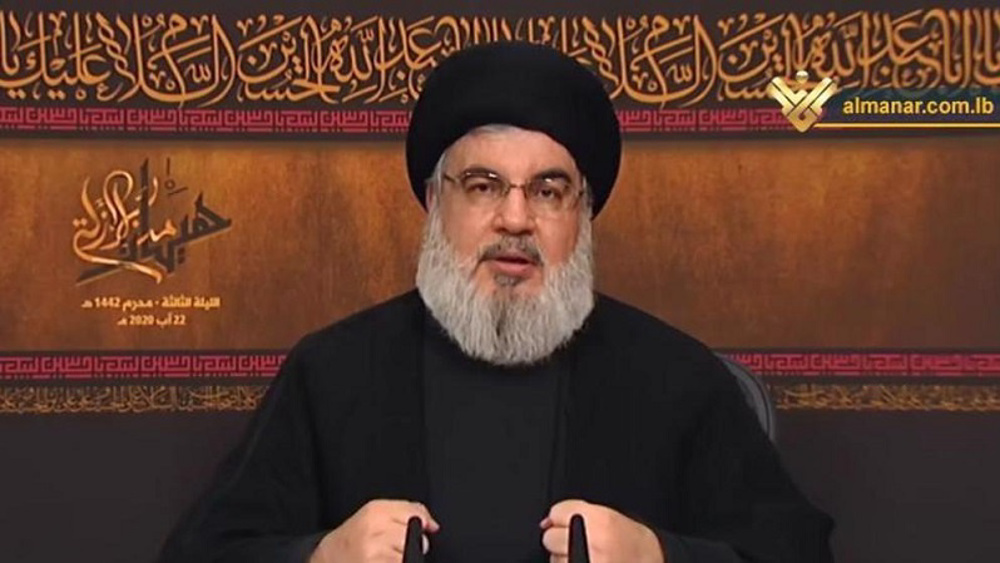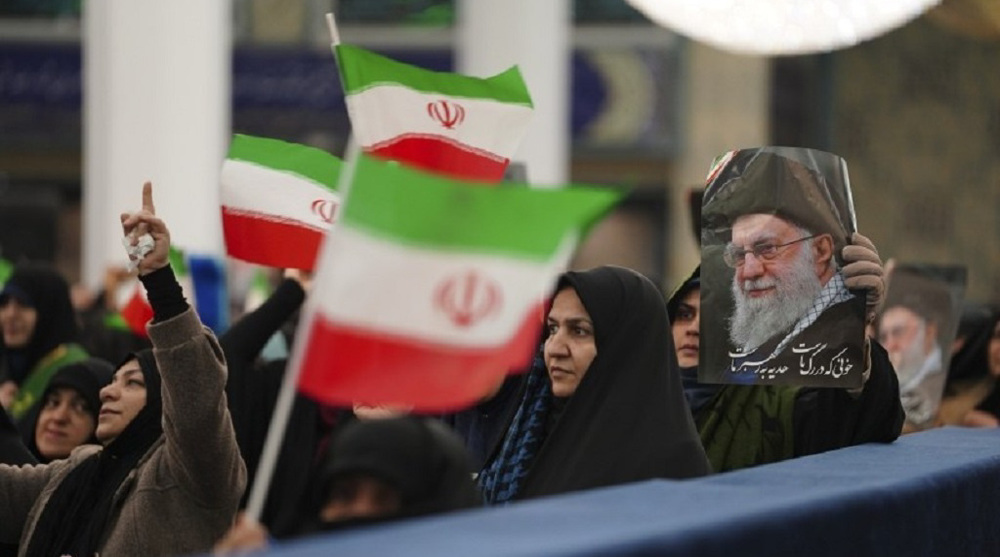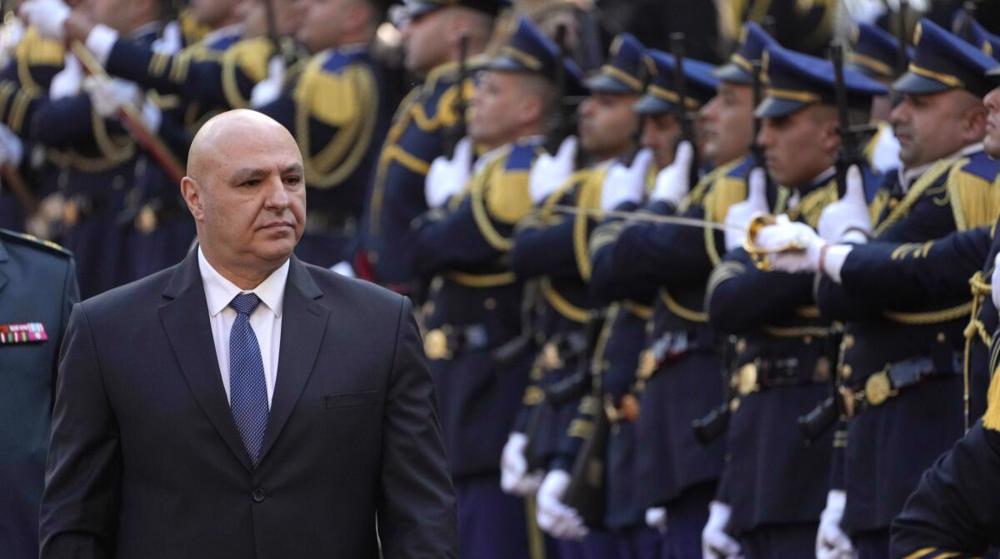US’ anti-Lebanon efforts aimed to invigorate Israel: Professor
University Professor Mohammad Marandi says the United States’ efforts targeting the Lebanese and Hezbollah are aimed at helping the Israeli regime, Washington’s dearest ally, “dominate” Lebanon as well as the rest of the countries that surround the occupied territories.
“The US wants Israel to be able to dominate the territories surrounding it,” Marandi, who lectures on International Studies at Tehran University, told Press TV’s The Spotlight program on Sunday.
“So, they would like to see Egypt as a failed state and Jordan as a failed state. They want to see Syria, which was a strong country, broken,” he added. “The same is true with Lebanon. The US wants to crush Lebanon. It wants to destroy the social fabric in order to bring down the resistance against Israel,” noted Marandi.
The small Mediterranean country has since 2019 been paralyzed by a major financial crisis, which has cut the value of its currency by more than 90 percent, eliminated jobs, and made banks freeze accounts.
Western countries have sanctioned Lebanon in order to punish it over the considerably high stakes and involvement that the Hezbollah resistance movement has in the country’s political and military spheres. The bans have played a major role in bringing about the financial nosedive.
The United States and others have endlessly been finding fault with Beirut’s inclusion of the group in its major sectors.
The group has defended Lebanon against two major wars waged on it by the Israeli regime in the 2000s. It has also vowed not to give up its resistance efforts in the service of the country’s security that is under constant Israeli threat.
Marandi also noted that what Washington failed to gain against those countries through war efforts—such as the 2000 and 2006 wars, where it backed the Israeli regime to attack Lebanon—it is now trying to achieve through sanctions.
His remarks came shortly after Hezbollah Secretary-General Sayyed Hassan Nasrallah said his country was subject to a battle forced upon it by the US that was being orchestrated by the American Embassy in Beirut.
In the same context, he identified the embassy as the place, where Lebanon’s fuel crisis was being directed from.
That is the main reason for the lack of provision of fuel, the fact that major companies were not distributing fuel, and even the fact that there were “fuel monopolizers and smugglers,” Nasrallah said.
The Hezbollah leader, however, reasserted the movement’s intention to bring in fuel from Iran as means of resolving the crisis that surrounds the commodity. Nasrallah also noted that Iran’s willingness to provide Lebanon with fuel amid the situation and Hezbollah’s cooperation came amid “empty promises by the American ambassador concerning his intentions to allegedly address the crisis.
Journalist and political analyst, Elijah Magnier, who was also addressing the program from Brussels, corroborated Marandi’s remarks.
“What the Americans are doing is to try to break the back of the axis of the resistance,” he said.
Therefore, they target members of this axis in the region, including in Iraq and Iran, not hesitating to try to render them into “failed states.”
Like Marandi, he underscored the role that the US sanctions were playing in advancing Washington’s regional agenda.
However, Magnier also noted that the axis of resistance would, in turn, try harder to find ways to bypass the US efforts and rather “come out and draw benefit off these sanctions.”
VIDEO | Italians call on Rome to break off all ties with Israel
VIDEO | Activists gather outside UK arms fair complicit in Gaza genocide
VIDEO | Russian, Palestinian Authority presidents discuss Gaza
VIDEO | Beirut gathering: Lebanese figures back Iranian leadership
Israeli tank fires on Lebanese army during joint UN mission in south Lebanon: Report
Iran certain to deliver decisive response to Trump’s threats: Senior commander
Netanyahu skipped Davos amid arrest fears: Reports
VIDEO | West’s support for terror in Iran










 This makes it easy to access the Press TV website
This makes it easy to access the Press TV website